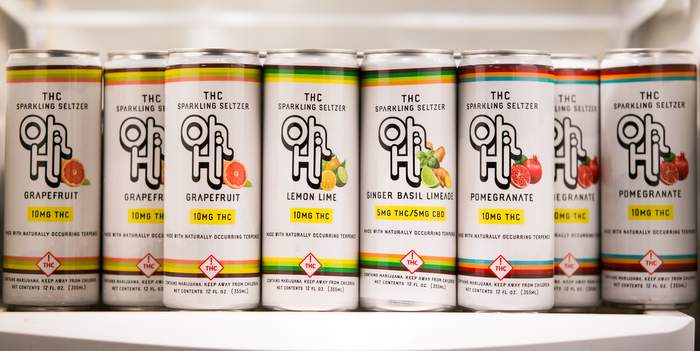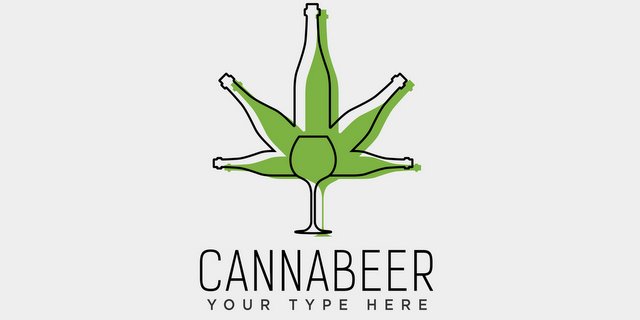
No word or term has a static definition. Time has always brought changes to language to meet updated uses and expectations. In the case of “craft beer,” re-definition is its only reason to exist.
Craft beer doesn’t inherently mean anything. A concept promoted via an association of like-minded businesses, it was created solely to set apart said businesses that wanted to produce and sell (better) beer outside those produced by corporations that dominated the market. This was really hard to do. It took decades, but the craft beer designation eventually stuck and accomplished what it sought to do and consumers are now looking for innovation and variety in their adult beverage purchases more than ever. Because of the term’s success, circumstances are now different. The market it serves and the customers it is sold to are not the same, which means neither are the goals of “craft beer.”
This is why the Brewers Association is always updating its definition. The latest potential changes reported on last week seem necessary, specifically thinking about the future of non-beer. Roll your eyes at the definition changing because craft beer behemoth Boston Beer is propping up its beer sales with hard ciders and teas or consider it a weather balloon for a future mass market less interested in craft beer — or at least such a categorization — and more interested in category-less “craft” beverages. I hesitate to even call them “alcoholic beverages” because of the results of this survey that showed just how many random consumers are already interested in cannabis instead of beer.
Consumers were asked if they would use recreational cannabis instead of consuming alcohol. Forty-five percent of respondents said they “would not try.” So, you’re safe there. But of the remaining respondents, they were asked which alcohol they would replace with cannabis and 27 percent chose beer. Yikes.
Now, while that percentage may be troubling, maybe it could also read as an opportunity for diversification in the future? When asked, “How would you perceive your favorite brand if they launched a product containing cannabis?” 86 percent of American and 84 percent of Canadian respondents indicated their perceptions would be improved or would not change. Drilling down on those sentiments revealed almost half of all respondents (49 percent) said they would buy more frequently from brands offering cannabis products; 46 percent would feel more loyal to those brands; 36 percent felt that the brands would better represent their values; and 42 percent would see brands bringing cannabis products to market as “innovative or trendy.”
Cannabis beverage revolution
Craft brewers obviously love making beer, but they are also entrepreneurs and innovators and many of them can see they too might need to diversify. After surveying its members about what non-beer beverages they are producing or are thinking of producing, the BA realized that, yes, craft beer businesses are very interested in experimenting with THC and CBD-infused beverages, with Brewbound reporting the survey showed nearly half surveyed would consider producing beers containing CBD or THC should the regulatory structure change.” New Belgium Brewing is out there literally changing laws to get a new market going for itself with hemp beer.
This is just smart planning. According to research published by Grand View Research, the global legal cannabis market is anticipated to reach $146.4 billion by the end of 2025, much of which will still be medical. Medical cannabis comprises about 80 percent of the revenue right now, and the medical market itself is estimated to reach $100.03 billion by 2025, but recreational cannabis is expected to grow at a faster rate as countries like Canada and the United States are moving towards legalization of cannabis for recreational use.
According to Technavio’s market research, the cannabidiol (CBD) oil market is expected to reach a revenue of nearly $2.7 billion by 2022. A senior analyst at Technavio for research on food said: “Factors such as growing E-commerce, along with the growing population of millennials is boosting the growth of the overall CBD oil industry. Studies show that E-commerce accounted for nearly 12% of the global retail trade in 2016.”
And surprise, surprise, giant corporations are ready to lead the way. Constellation is revamping its entire structure to get ready for it. American Premium Water Corporation has entered into an agreement with Canna Nano regarding a collaboration to produce nano-infused CBD water and will begin selling this product through all its distribution channels. In addition, American Premium Water Corp. is in advanced discussions with Canna Nano regarding a long-term partnership, including potential acquisition. Canna Nano is based in Huntington Beach, Calif., with distribution online and in eight states: Arizona, California, Georgia, Louisiana, Kansas, Maryland, Nevada and New Jersey.
“This collaboration is just the first step in the company’s growth strategy, including the development of more CBD- and THC-infused beverages,” the company stated. “This collaboration will not only generate revenue for the company, but it will also streamline our fulfillment, optimizing for a high level of efficiency for our customers.”
The Canadian business unit of Molson Coors Brewing Co. and leading Canadian cannabis producer, The Hydropothecary Corporation, entered into a definitive agreement to form a joint venture to pursue opportunities to develop non-alcoholic, cannabis-infused beverages for the Canadian market following legalization.
“Canada is breaking new ground in the cannabis sector and, as one of the country’s leading beverage companies, Molson Coors Canada has a unique opportunity to participate in this exciting and rapidly expanding consumer segment. This new venture is consistent with our growth strategy and our commitment to being first choice for consumers and customers by ensuring that Canadians have access to high-quality products that meet their evolving drinking preferences,” said Frederic Landtmeters, president and CEO of Molson Coors Canada.
And so on and so on. I put this entire post together to basically say this: If craft beer companies are interested in producing hemp or THC or CBD beverages, why should they wait until the market is completely dominated by giant corporations like the one they are still fighting against? Because of the way someone originally wrote a definition decades ago?
The social lubricants market is changing rapidly. Big beverage companies are changing with it. Craft breweries will also need to continue to innovate to keep pace with the demand for new and inventive products beyond traditional craft beer. That’s why it’s wise for the Brewers Association to massage its definition to include more of these non-beer products. The ethos is the same: Give small, entrepreneurial brewers a competitive marketing advantage — a differentiator — to sell products against larger companies that have so many more advantages. Some people could care less about this definition, and a lot of the media enjoys roasting the BA over it, but the definition and its seal mean something important to a lot of craft brewers, so tweaking it will be important as those businesses change directions to continue to succeed. Because success, like a definition, is never static.





[…] Locals were quick to claim that Sam Adams was the reason that the BA again agreed to revise the craft brewer definition, but another perspective we recently read about makes an argument that the growing cannabis market ls why the craft beer definition should always be updated. […]